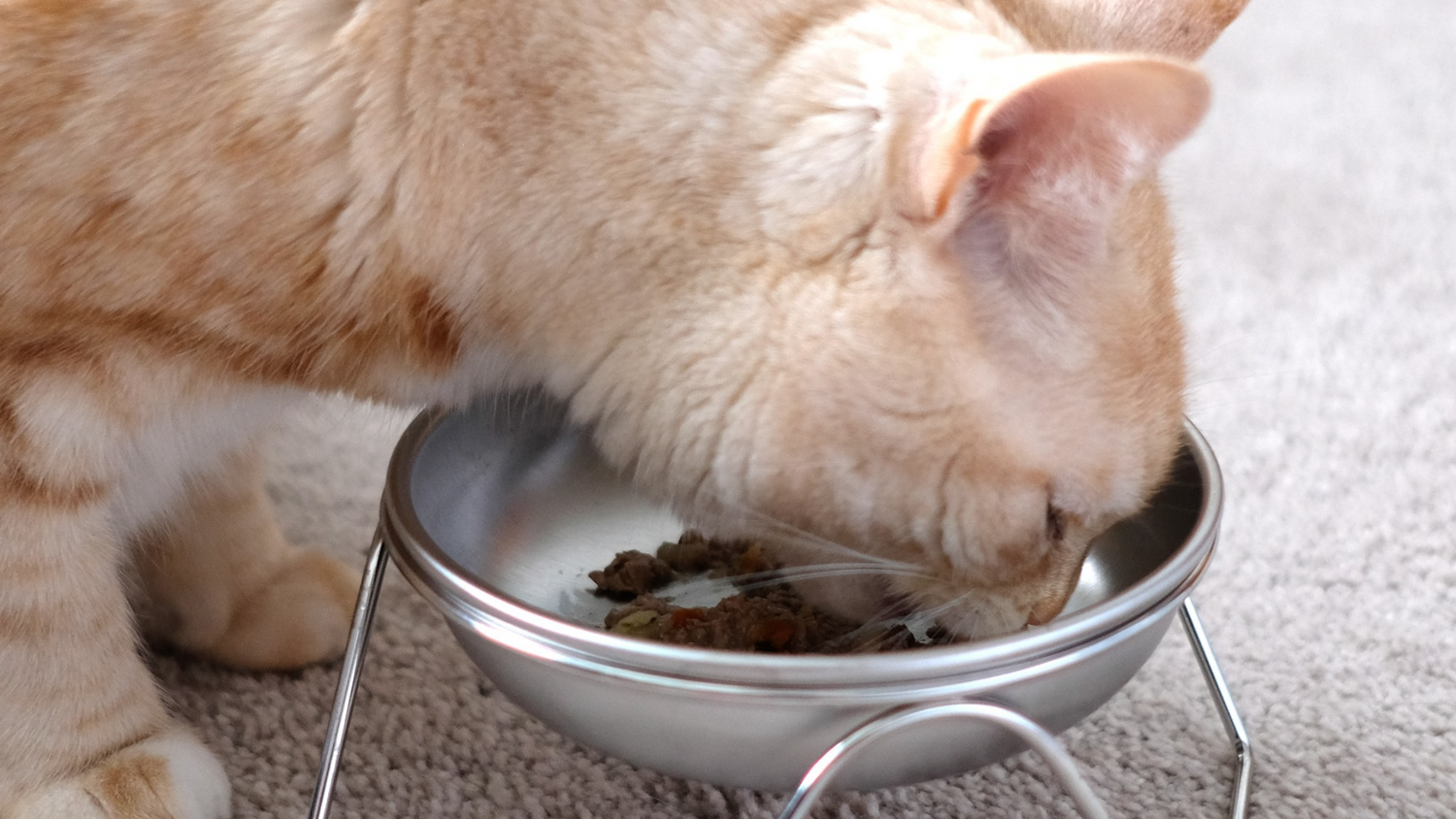Most cats gladly use a litter box because their natural instinct is to bury their urine and feces. But when you start noticing unpleasant “surprises” in other parts of your home, such as the floor, your favorite rug, or your laundry basket, it might be a sign of a bigger problem. Kittens may sometimes have difficulty grasping the concept of a litter box, but if your fully trained cat avoids it, might be time to get to the root cause of the issue.
Cats are typically intelligent creatures that know how to use the litter box, but at least 10 percent of cats develop elimination problems in their lifetimes, leading to them avoiding the litter box.
Your cat may be avoiding the litter box due to one of the following reasons.
Table of Contents
Litter Box Placement and Accessibility
Cats are creatures of habit and appreciate consistency in their environment. Your cat may be reluctant to use the litter box if it places in an inconvenient or noisy location.
Ensure the litter box is easily accessible and placed in your home’s quiet and private area. Avoid placing it near loud appliances, high-traffic areas, or your cat’s food and water bowls. Additionally, if you have multiple floors, make sure there is a litter box on each level to provide convenience for your feline friend.
Litter Box Cleanliness
Cats are naturally clean animals and prefer a tidy litter box. If the litter box is odorous or dirty, your cat may be discouraged from using it.
Scoop the litter box at least once a day and change the litter regularly to keep the box clean. Some cats are also sensitive to scented litters, so opt for unscented varieties to avoid potential aversion. Experiment with different kinds of litter to find the one your cat prefers.
Litter Box Size and Type
The size and type of litter box can significantly influence your cat’s behavior. Some cats prefer open litter boxes, while others prefer covered ones that offer privacy. If your cat feels cramped or confined in the litter box, they may seek alternative areas to relieve themselves. Ensure the litter box is large enough for your cat to move around and dig comfortably.
Additionally, consider the height of the litter box sides, especially if you have an older cat or one with mobility issues. Low-sided litter boxes or litter box ramps may be necessary to facilitate easy entry and exit. Switch to a litter box with low sides to simplify the entry and exit for your furry friend.
Medical Issues
Although your cat may exhibit a behavioral problem, it may avoid the litter box due to underlying medical conditions. Several health problems, such as urinary tract infections, bladder stones, or kidney disease, can cause discomfort and pain, leading your cat to avoid the litter box. If you notice any changes in your cat’s behavior, such as frequent urination, blood in urine, or excessive grooming around the genital area, consult your veterinarian to rule out any potential medical issues.
If your four-legged companion avoids the litter box due to a medical problem caused by their current food, it might be time to switch to a simpler recipe that allows them to live a healthy and fulfilling life. One of the best options is to switch to a cat raw food diet that mimics the natural prey diet that cats would have eaten in the wild. Choose a recipe formulated with wholesome ground meat, ground bone and organ meats, with no fruits or veggies made without added processes and unproblematic to their digestive systems.
Raw food diets typically don’t use artificial additives, preservatives, and fillers that may be present in commercial cat foods. This can be helpful for cats with allergies or sensitivities to certain ingredients. Raw food also has more a higher moisture content compared to dry kibble, which can be beneficial for cats with urinary tract issues or kidney disease, as it may help maintain proper hydration and support urinary health.
Some food diets claim may also contribute to improved digestion and nutrient absorption in cats. This might be beneficial for cats with gastrointestinal issues or food sensitivities, making their bowel movements more regular.
Choosing a raw recipe best suited for their medical condition may improve their overall health and encourage them to use the litter box happily. But before making any dietary changes for a cat with a medical condition, consult with a veterinarian who can provide guidance based on your cat’s specific health needs.








